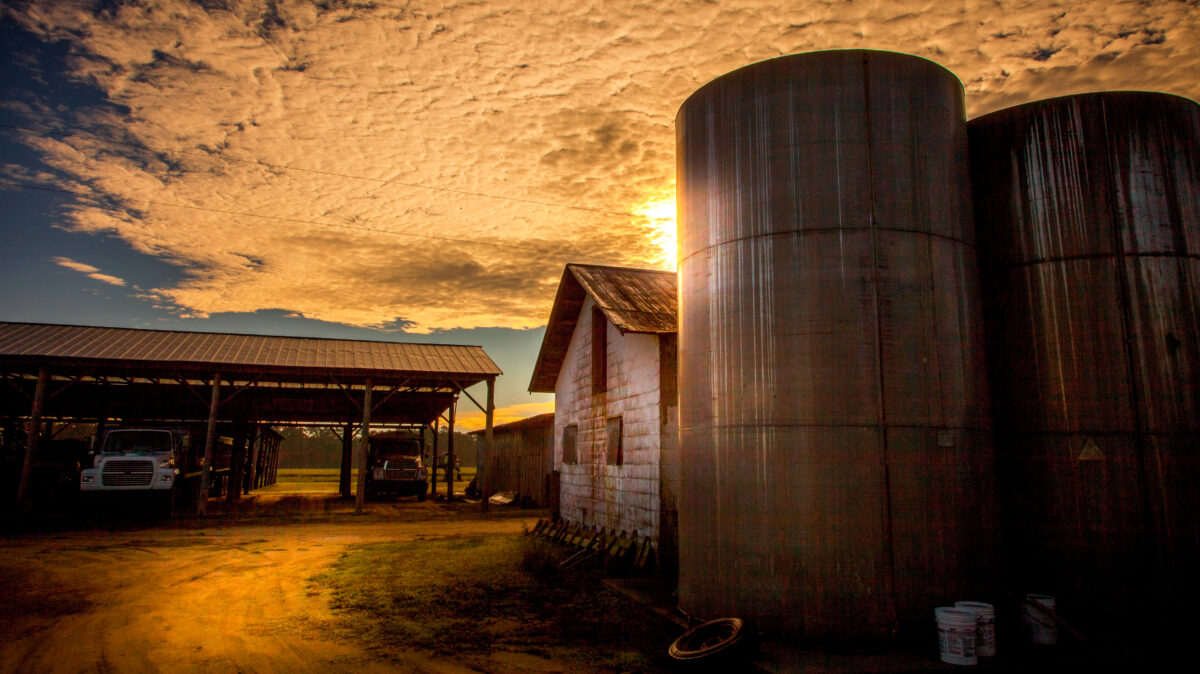Wall Street Regulators Heard Farmers Loud and Clear
Zippy Duvall
President

photo credit: North Carolina Farm Bureau, Used with Permission
Zippy Duvall
President
The strength of Farm Bureau shines through when we speak with a united voice on behalf of our farms, ranches and rural communities. That strength was on full display in our engagement with the Securities and Exchange Commission over the last two years as we called on them to revise their proposed climate disclosure rule to remove the Scope 3 reporting requirement. We made our voices heard from the grassroots up, and the SEC took notice and changed course.
Last week, the SEC announced their final climate disclosure rule, which completely removed the Scope 3 reporting requirement. Make no mistake. That would not have happened if Farm Bureau members had not stepped up and made their voices heard.
Scope 3 reporting would have required public companies to report the greenhouse gas emissions across their supply chain—all the way back to the farm. This would have placed a heavy burden on family farms, who don’t have teams of compliance officers just to handle SEC reporting requirements meant for Wall Street companies. With manufacturers forced to squeeze emissions data from their supply chain, many small farms would have been squeezed out of the market entirely.
We made our voices heard from the grassroots up, and the SEC took notice and changed course.
That’s why the American Farm Bureau immediately led the charge to remove Scope 3—and continued to advocate on this issue for two years. Farm Bureau members, leaders and staff rose to the challenge. Our grassroots members sent nearly 20,000 messages to the SEC and Capitol Hill, sharing how Scope 3 reporting would affect their farms.
Not long after these messages began flooding in, I got a call from SEC Chair Gary Gensler asking why he was getting all these emails from farmers. Mind you, before this, I had never spoken to the chair of the SEC for the simple reason that farmers and ranchers don’t run publicly traded companies. As I explained to Chair Gensler, it doesn’t make sense for our private farm businesses to be dragged into rules developed for Wall Street.
Thankfully, Chair Gensler listened, and his staff began researching how Scope 3 reporting requirements would affect farmers. But it was our grassroots voices that got their attention. Farm Bureau advocacy also led lawmakers and leaders, including Agriculture Secretary Tom Vilsack and Senators Jon Tester, Tammy Baldwin and Kyrsten Sinema to speak out on the impacts Scope 3 would have on farms and rural communities.
The work is not quite done when it comes to Scope 3 reporting requirements, however. While the SEC was working on its rule, California rushed out with its own law requiring large companies doing business in the state to report on Scope 3 emissions. The American Farm Bureau, along with the U.S. Chamber of Commerce and others, has challenged the California law in court, and we are urging California to follow the SEC’s lead and exclude farmers from regulations intended for big corporations by withdrawing the Scope 3 requirement.
While Farm Bureau strongly opposes Scope 3 reporting requirements, that doesn’t mean we don’t see the value in on-farm data collection. You have heard me talk often about how farmers and ranchers have a great sustainability story to tell. A big part of telling that story is having the data to show the amazing strides we have made across agriculture. That’s why Farm Bureau has been active in supporting efforts to give farmers and ranchers the tools they need to collect sustainability data as they participate in voluntary, incentive-based programs. We are a founding member of the Ecosystem Services Market Consortium and a leader in Field to Market: organizations working to empower farmers when it comes to on-farm data collection.
While voluntary data gathering by farmers can boost sustainability efforts, Scope 3 reporting requirements would overburden farmers and squeeze small- and medium-sized family farms out of business. After losing more than 140,000 farms in the last five years, we simply cannot afford to lose more.
To the Farm Bureau family, thank you for stepping up and making your voices heard. As we saw last week, and we have seen many times over our history, we can make a difference, together. Let’s keep showing up together, to keep our farms and rural communities strong.
To learn more about Farm Bureau’s work on sustainability credits, please visit our new Sustainability Credits and Ecosystem Services Markets page at fb.org.
Top Issues
VIEW ALL